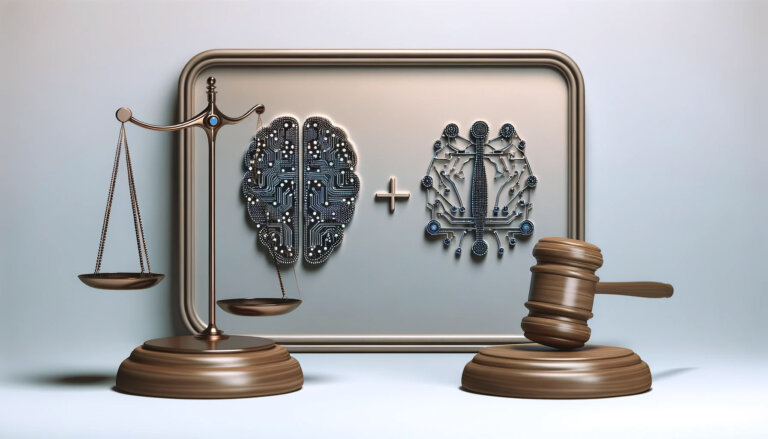 OpenAI, Microsoft face fresh lawsuit over copyright infringement filed by authors
OpenAI, Microsoft face fresh lawsuit over copyright infringement filed by authors OpenAI, Microsoft face fresh lawsuit over copyright infringement filed by authors
Infringement or innovation? OpenAI and Microsoft face legal challenges over AI training materials.

Cover art/illustration via CryptoSlate. Image includes combined content which may include AI-generated content.
Nonfiction authors Nicholas Basbanes and Nicholas Gage have filed a class-action lawsuit against Microsoft and OpenAI, charging them with copyright infringement for their use of literary works in AI training.
The legal action, lodged in a Manhattan federal court, is the latest in a string of lawsuits challenging the AI industry’s practice of using existing creative content.
OpenAI announced it was considering a $5 million fund to compensate people for the use of their work through AI. However, the myriad lawsuits against the firm are seeking a substantially larger amount.
Latest lawsuit
The authors, noted for their achievements in journalism and nonfiction, allege that Microsoft and OpenAI used their copyrighted material to train large language models, including ChatGPT, without authorization.
This legal action follows similar suits from other authors, such as George R.R. Martin and Jonathan Franzen, highlighting a growing concern in the literary community about AI’s use of their works.
The two authors are seeking up to $150,000 in damages for each infringed work, which, depending on the number of works, could push the compensation into the millions. The lawsuit also aims to represent a broader group of authors and creators. This could significantly widen the legal battle’s scope, involving thousands more in the claim.
NYT lawsuit
Adding to the legal pressure, The New York Times has launched a separate lawsuit against Microsoft and OpenAI. The newspaper alleges that its journalistic content was used without permission to train large language models.
The NYT lawsuit marks an escalation in the growing scrutiny over how tech giants harness intellectual property to feed AI algorithms. This legal action by one of the world’s most prominent news organizations highlights the potential breadth of the issue, as it could involve a wide range of copyrighted content used in AI training.
The New York Times is seeking damages and an order for the companies to stop using its content for training AI models and to destroy any data already harvested. The newspaper did not specify an exact amount but estimated that the infringement could amount to billions of dollars in damages.
OpenAI and Microsoft have defended their use of copyrighted works for AI training as “fair use,” a legal doctrine allowing unlicensed use of copyrighted material under certain conditions.
However, the NYT argues that the companies’ use of its content is not transformative and directly competes with the newspaper, potentially reducing traffic and impacting advertising and subscription revenue.
The lawsuit also highlights instances where OpenAI and Microsoft chatbots provided users with near-verbatim excerpts of NYT articles. The newspaper expressed concerns about the impact of this practice on high-quality journalism and the difficulty it creates for readers to distinguish fact from fiction, including instances of AI technology falsely attributing information to the newspaper.
OpenAI stated it was surprised and disappointed by the lawsuit, noting ongoing talks with the newpaper that were progressing constructively. Microsoft has yet to address the issue in a public statement.









































































































